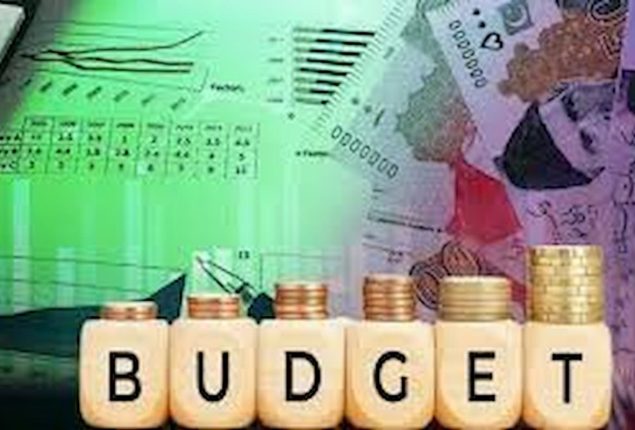

Balochistan Rs. 1.28 Trillion Budget 2025–26 reveal, focus on Education, Health, and Development
Quetta: The Government of Balochistan has unveiled a Rs. 1,280 billion budget for the fiscal year 2025–26, highlighting its commitment to education, healthcare, infrastructure, youth empowerment, environmental protection, and public welfare. The budget was presented by Provincial Finance Minister Shoaib Nosherwani, who described it as a balanced and development-driven financial plan.
No New Taxes, Rs. 42 Billion Surplus:
According to the finance minister, the budget includes Rs. 642 billion for non-development expenses and Rs. 249.5 billion for the Public Sector Development Programme (PSDP). The government has not introduced any new taxes this year. In fact, some existing taxes have been reduced. The budget is also a surplus one, showing a positive balance of Rs. 42 billion, indicating sound fiscal planning and control.
Major Allocations for Key Sectors:
In the development budget, communications have received Rs. 55.21 billion, making up 19% of the PSDP. Irrigation has been allocated Rs. 42.78 billion. The healthcare sector has received Rs. 16.15 billion for development and Rs. 71 billion for non-development expenses. School education has been given Rs. 19.85 billion in development and Rs. 101 billion in non-development funding, while higher education will receive Rs. 4.99 billion and Rs. 24.01 billion in development and non-development respectively.
Other allocations include Rs. 10.17 billion for agriculture (development) and Rs. 16.77 billion (non-development), Rs. 7.84 billion for energy, Rs. 12.66 billion for science and technology, Rs. 4.3 billion for fisheries, and Rs. 0.56 billion for the minerals sector. Local government bodies have been allocated Rs. 12.91 billion, and Rs. 17.16 billion have been reserved for public health engineering projects.
Strong Emphasis on Education:
This year’s budget has significantly prioritized education. The government has created 1,170 new contract-based and 67 regular positions in the education sector. For colleges, 91 new posts have been announced, along with Rs. 500 million for purchasing buses and coasters, and Rs. 2 billion for water supply projects in educational institutions. Additionally, Rs. 1 billion has been set aside to make Mir Chakar Khan University in Sibi fully operational. Under the Balochistan Education Endowment Fund, 5,000 scholarships will be provided, and Rs. 4 billion have been allocated for a Special Endowment Fund.
Healthcare Sector Sees Transformative Plans:
Over 2 million people in Balochistan will receive free medical treatment under the health card scheme. A grant of Rs. 4.6 billion has been given to PPHI (People’s Primary Healthcare Initiative). The government has also approved 2,120 new contract-based and 37 regular positions in the health sector. Modern ICU hospitals will be established in Naseerabad and Zhob, and 66 new ambulances will be added to the healthcare fleet.
Youth Empowerment and Climate Action:
To address youth unemployment, Rs. 5 billion have been allocated for skill-based training programs. The government has also allocated Rs. 500 million for a special climate change fund. Additionally, Rs. 5 billion have been reserved for the Balochistan Technical Education and Vocational Training Authority (B-TEVTA) and Rs. 500 million for the Balochistan Awami Endowment Fund aimed at public welfare.
Revenue Projections and Fiscal Responsibility:
The province estimates a total revenue of Rs. 226 billion, with an expected increase of Rs. 70 billion in tax revenue. Rs. 1 billion have been reserved for employee pensions. A proposal for health card funding is under review. The government claims it will achieve savings of Rs. 7 to 8 billion through improved efficiency and expenditure control.
Focus on Results and Job Creation:
Finance Minister Shoaib Nosherwani emphasized that the budget provides balanced funding across all sectors and aims to ensure 100% utilization of allocated funds. He highlighted that 3,230 development schemes were completed in the current fiscal year. New job opportunities are also being created through fresh positions and new projects across various departments.







